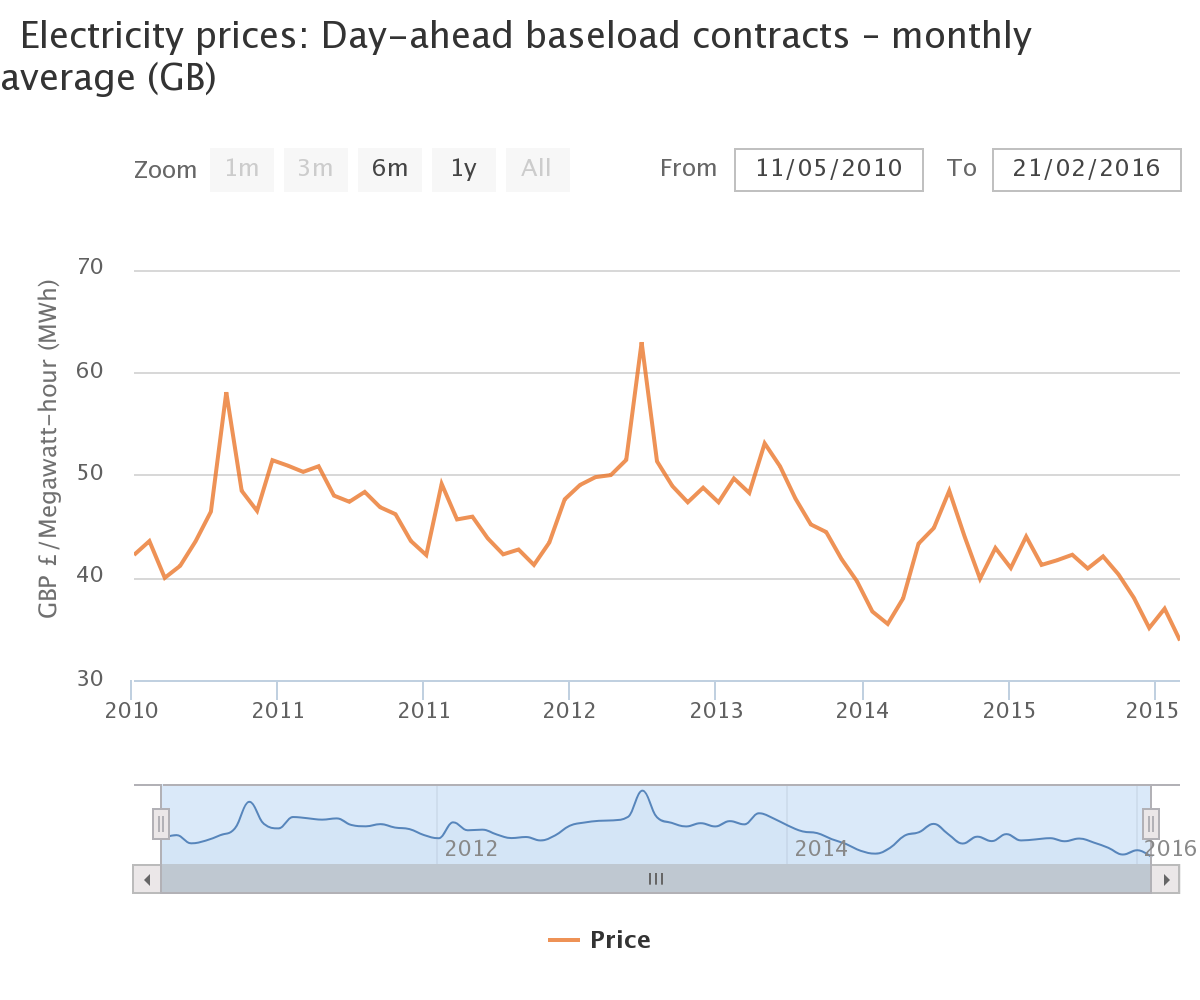According to the Department for Business, Energy & Industrial Strategy (BEIS) the average cost for standard electricity in the UK in 2021 was 18.9p/kWh. But there was considerable variation in the regions, with Merseyside and North Wales paying 20.2p/kWh and Yorkshire paying 18.2p/kWh for their electricity.
Ainsi, Why is my electric bill so high all of a sudden 2022?
The most likely reason your electric bill is suddenly so high is that your plan expired without you noticing. This could result in sky-high variable electricity rates that are 100-200% higher than what you were paying.
Par ailleurs, Is 1000 kWh a lot? 1000 kWh is not far off the US monthly average for a typical home, which is 900 kWh/month. This equates to about 30 kWh per day.
de plus, What is the average kWh per day UK? What is the average electricity usage per day in the UK? The average kWh per day in a UK household is between 8.5 to 10 kWh. Many elements can influence your average energy consumption and how much you pay for your electricity – including the equipment that you use.
What is the average cost per kWh of electricity UK 2022? Current and Historical Energy Prices in the UK
| Average price cap unit rates for typical usage (direct debit) | 1 October 2021 – 31 March 2022 | 1 April – 30 September 2022 |
|---|---|---|
| Electricity | £0.21 per kWh | £0.28 per kWh |
| Gas | £0.04 per kWh | £0.07 per kWh |
il y a 4 jours
What uses the most electricity in a house?
Here’s what uses the most energy in your home:
- Cooling and heating: 47% of energy use.
- Water heater: 14% of energy use.
- Washer and dryer: 13% of energy use.
- Lighting: 12% of energy use.
- Refrigerator: 4% of energy use.
- Electric oven: 3-4% of energy use.
- TV, DVD, cable box: 3% of energy use.
- Dishwasher: 2% of energy use.
Why does my electric spike at night?
The biggest culprit is probably your heating and cooling system, which you don’t usually want to turn off entirely at night. Other things, like the refrigerator and freezer, also need to keep running.
How do I reduce my electric bill?
- 5 Simple hacks to save money on.
- Improve on your home’s airflow and insulation.
- Always check the energy rating of appliances before.
- Habits in ironing he clothes.
- Timer to shut down air conditioning unit.
- Motion sensors.
- Lighting options.
- Use curtains and tinted windows.
How many kWh per month is normal UK?
According to Ofgem, the average British household has 2.4 people living in it and uses 2,900 kWh of electricity and 12,000 kWh of gas. This works out at 242 kWh of electricity and 1,000 kWh of gas per month. Of course, this is just the average consumption for a household of between 2-3 people.
Is 50 kWh a day a lot?
But since most homes are comparable enough in size and we can’t control the weather, 50 kWh per day is a good number to use, though maybe a bit on the high end for some homes.
How many kWh per day is normal?
According to the EIA, in 2017, the average annual electricity consumption for a U.S. residential home customer was 10,399 kilowatt hours (kWh), an average of 867 kWh per month. That means the average household electricity consumption kWh per day is 28.9 kWh (867 kWh / 30 days).
How much electric does a 3 bed house use UK?
What’s the average energy bill by house size? 1
| Gas and electricity usage | Average annual consumption |
|---|---|
| Low (flat or 1-bedroom house / 1-2 people) | Gas: 8,000 kWh Elec: 1,800 kWh |
| Medium (3-bedroom house / 2-3 people) | Gas: 12,000 kWh Elec: 2,900 kWh |
| High (5-bedroom house / 4-5 people) | Gas: 17,000 kWh Elec: 4,300 kWh |
What uses most electricity in a house UK?
Appliances That Use the Most Electricity
- ⚡Heating and Lighting. Central heating systems can use up to 27% of all electricity in your home.
- ⚡The Dishwasher.
- ⚡The Fridge.
- ⚡The Oven.
- ⚡The Tumble Dryer.
- ⚡Miscellaneous.
- ⚡Heating and Lighting.
- ⚡The Dishwasher.
What is the average electricity usage per month UK?
This means that average electricity usage per month in UK households is about 350kWh. These consumption rates are based upon your electricity profile class (see below) and usage increases by roughly 250kWh per extra bedroom in the house.
Will energy prices go down in 2023?
Unfortunately, electricity and gas prices are forecast to remain high throughout 2023 and 2024, according to the latest information from analysts.
How much does it cost to run a 1500 watt heater for 24 hours UK?
Electric Heating Electricity Cost Calculator
| Power Rating | Per Hour | Per Week |
|---|---|---|
| 1500W (1.5kW) | 42.00p 1500W | £17.64 63kWh |
| 2000W (2kW) | 56.00p 2000W | £23.52 84kWh |
| 2500W (2.5kW) | 70.00p 2500W | £29.40 105kWh |
| 3000W (3kW) | 84.00p 3000W | £35.28 126kWh |
Does unplugging stuff save electricity?
Electricity and money savings from controlling standby power
Standby power accounts for 5-10% of residential energy use, according to the US Department of Energy. Unplugging devices could save the average household up to $100 per year.
Do you waste electricity by leaving things plugged in?
According to the Energy Saving Trust, any switched on charger that is plugged in will still use electricity, regardless of whether the device is attached or not. The amount of electricity produced from this only costs a few pence, but it will shorten the shelf life of the charger.
Do phone chargers use power when not charging?
A spokesperson for the Energy Saving Trust adds: Any charger that is plugged in at the wall, and not switched off at the socket, will still use some electricity, even if it’s not plugged into the device it is meant to charge.
Does a phone charger use electricity when not charging?
A spokesperson for the Energy Saving Trust adds: Any charger that is plugged in at the wall, and not switched off at the socket, will still use some electricity, even if it’s not plugged into the device it is meant to charge.
Should I unplug my TV when not in use?
The U.S. Consumer Product Safety Commission recommends unplugging electrical devices when not in use, predicated on the obvious but nevertheless correct observation that something unplugged can’t start fires or shock someone.
Does turning off sockets save energy?
Does Leaving The Plug In Use Electricity? So let’s lay down some facts. Plug sockets do not produce energy if they are not switched on, and empty sockets do not produce electricity because you need a full-completed circuit to get the energy flow. So turning off empty sockets doesn’t really do anything.
Does unplugging things save electricity?
So is it worth the trouble? The energy costs of plugged-in appliances can really add up, and unplugging these devices could save your up to $100 to $200 a year. Another benefit of unplugging your appliances is protection from power surges.
Does leaving a plug in fan on waste electricity?
The answer is YES. If you leave your fan on, even when no one is in the house, you increase the running hours. As a result, the total watt-hours consumed increase. And most homes have several fans, so leaving 5 or 6 fans on in your house at all times can add up in energy costs little by little.
N’oubliez pas de partager l’article !





